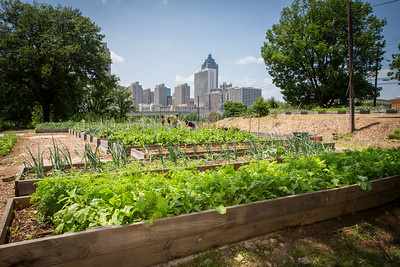
The Turner Clinic: 25 years of defending the environment
In 1998, the Turner Foundation established Emory Law’s Turner Environmental Law clinic, which recently celebrated 25 years of public service. The clinic's pro bono work focuses clean and sustainable energy; regenerative agriculture and local food systems; natural resource protection; and environmental justice.

